Send your inner pessimist packing – along with organic crops and ethanol. That’s the contrarian message of Matt Ridley’s insightful, entertaining look at humankind’s steady progress over the millennia. Ridley dips into biology and economics to support his case that life is good and getting better. His wide-ranging look at humanity’s past and future makes it clear that those who long for the good old days just don’t realize how rugged hunting and gathering or medieval medical care must have been. Ridley meanders at times, yet, as the title suggests, his book offers a fundamentally optimistic analysis of humankind’s ability to solve the planet’s problems, even now. It’s a thought-provoking analysis of contemporary issues doesn’t hew to conventional wisdom.
The Rise of Collective Intelligence
What separates humans from other species? Brain size is a major factor, but the ability to share knowledge and to retain and expand on it is just as important. Consider a seemingly simple item, like a computer mouse. Making such a device is possible only as a result of thousands of years of “collective intelligence.” For instance, someone must drill the oil to make the plastic for the mouse, and a factory worker must assemble it, but no single person could make a mouse from scratch. As if to demonstrate this point, in 2009 an artist tried to build a toaster. After months of work and lots of money, his finished product wasn’t as good as any toaster he could buy for a few dollars. This experiment shows that collective human intelligence and effort add up to far more than the sum of their parts. The ability to amass and manipulate collective knowledge allows humans to grow steadily more prosperous. In fact, people owe today’s record-high wealth to two trends: this growth of collective intelligence is one of them and an increasing division of labor is the other.
The world’s population has exploded over the past 10,000 years, yet people...
Matt Ridley has sold more than 800,000 copies of his books about evolution, genetics and society. He is the author of Genome, The Agile Gene and The Origins of Virtue.









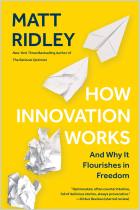
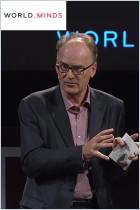
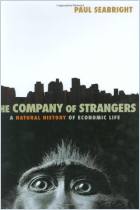
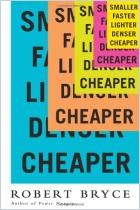
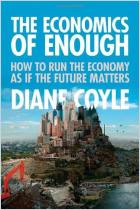
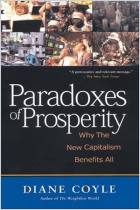
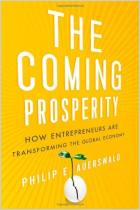
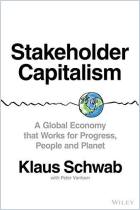
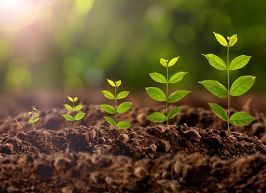





Comment on this summary or Start Discussion